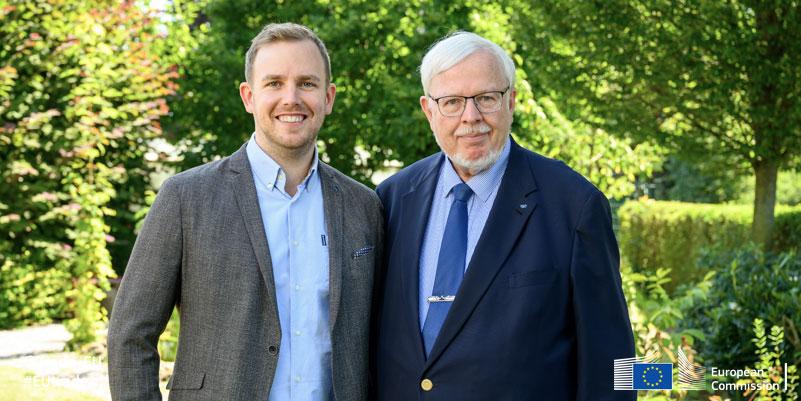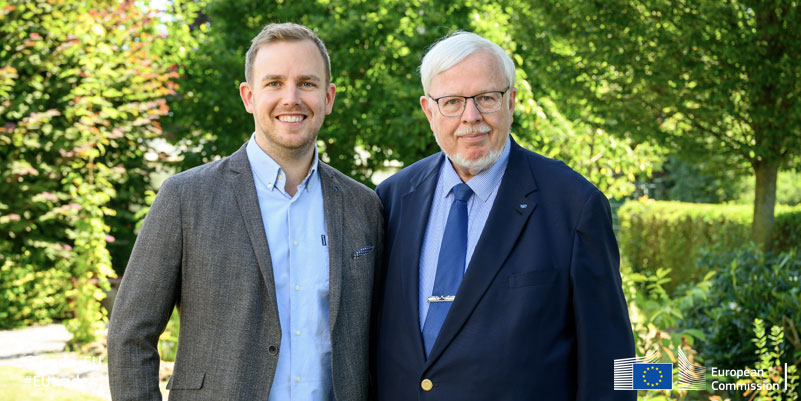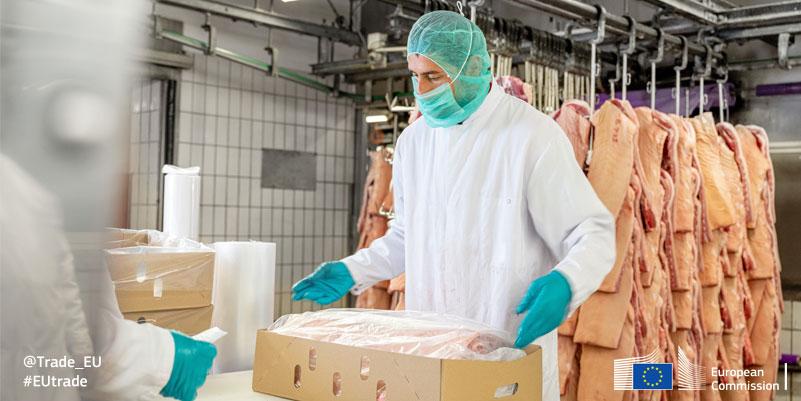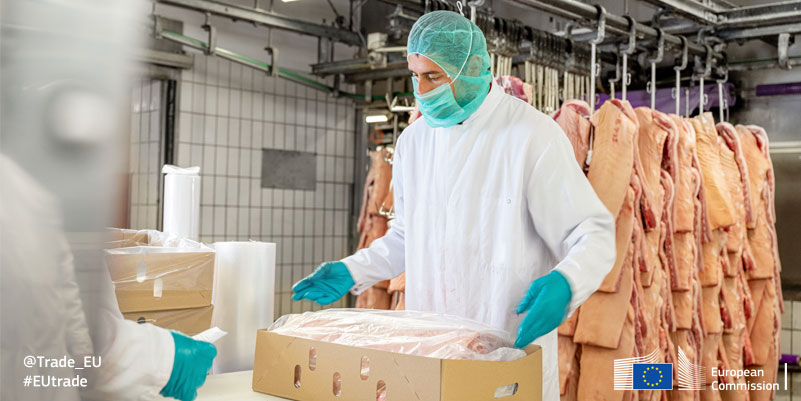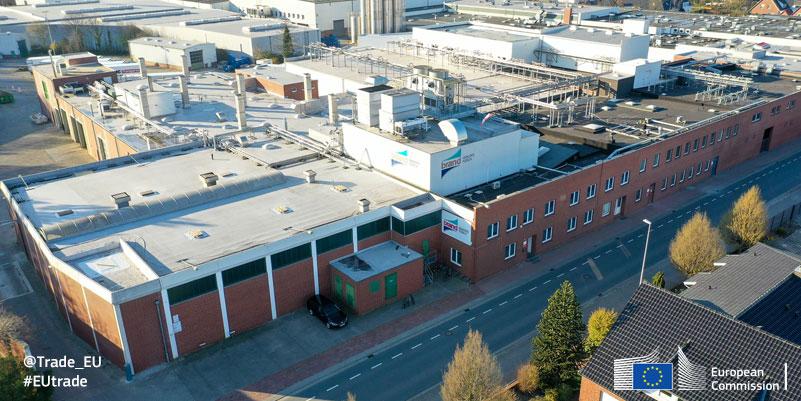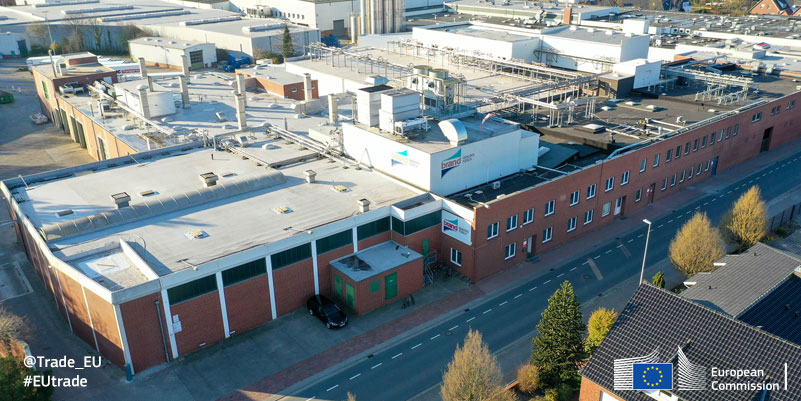- Country or region
- South Korea
- Trade topics
- Exporters' stories
- Negotiations and agreements
- EU exporter
- Germany
In 2020, an outbreak in Germany of African Swine Fever in wild boar motivated a number of Asian countries to impose a country-wide ban on Germany for imports of porcine products.
One of the companies affected by the ban was Brand Qualitätsfleisch GmbH, a family-owned slaughterhouse dating back four generations, based in Lohne, Germany.
“My father was a chairman of the German Meat Industry Association. He travelled the world to look for new markets, and was behind the first opening of the Chinese market to German suppliers”, says Niko Brand, the current managing director of Brand.
With the new generation in the saddle, exports really took off after the company built a new cutting plant in 2019. Soon, more than 30% of Brand’s exports were going to countries outside of the EU, including China, Hong Kong, South Africa, Japan and South Korea.
But just as the future was looking very bright, African swine fever hit, turning everything upside down for Brand and many other European companies.
Brand is an important local employer in Germany. It supports over 300 workers, many of whom have been with the company for most of their lives. The exports lost with the South Korean ban put their livelihoods at risk.
The damage for German suppliers was considerable. In the specific case of South Korea, the trade concerned in 2019 was worth €300 million, and a solution had to be found.
"The entire Asian market reacted by closing the door to European suppliers. We tried hard to find substitute markets outside of the EU but only with limited success, and as a result the additional supply went into the EU market leading to its collapse. It was a big blow for our company and for the industry as a whole!"
Niko Brand,
Managing Director, Brand
EU responding to South Korea’s measures
In case of an animal disease outbreak, international trade rules allow that import bans only apply to specific regions or establishments that are affected by the outbreak (so-called 'regionalisation rules'. By allowing trade to take place from disease-free regions within the exporting countries, the rules aim to ensure that trade is safe and does not spread disease from exporting countries to importing countries.
The European Commission had several discussions with South Korea to apply the regionalisation principle on German exports, and signalled the EU’s readiness to challenge the South Korean ban at the World Trade Organisation.
Resuming exports
As a result, in 2022, South Korea recognised EU regionalisation control measures for African swine fever, and a revision of veterinary certificates could begin.
In the course of 2023, several German establishments were listed as authorised to export porcine products to South Korea. Brand Qualitätsfleisch GmbH was one of them.
Thanks to the pressure put on South Korea by the European Commission and the German authorities, the market started reopening. After having undergone renewed checks imposed by the South Korean authorities to authorise exports, in January 2024 Brand was able to start preparing its first shipment of porcine products to South Korea since the crisis began.
Setting an example
Brand hopes South Korea's reopening of its market will inspire more of the firm's significant markets, such as China and the Philippines, to follow suit and lift their embargoes on German porcine products.
The Asian markets are important to Brand, because of their populations' different tastes and habits. Certain pig parts such as bellies, heads, ears, and feet that are less in demand among European consumers are highly appreciated in Asia.
Just like European customers, Asians value good quality. Brand’s attention to animal welfare, including open housing and gentle CO2 anaesthesia, and their focus on organic animal production, are contributing to bringing high quality and good practices to the Asian continent.

